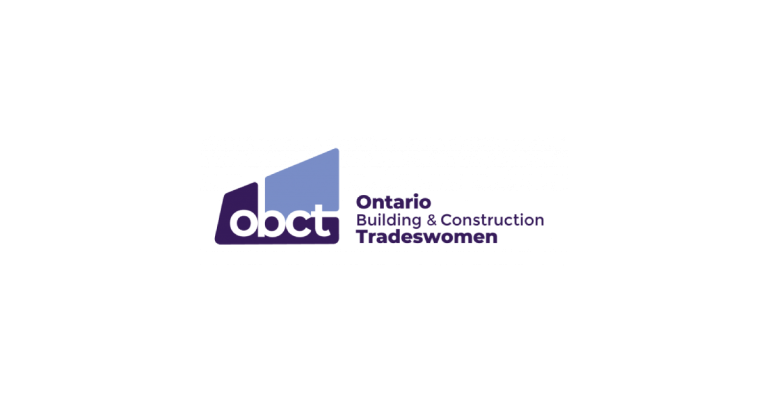Top Six Selling Bloopers (and How to Avoid Them)

Nov 29, 2018
By Jeff Mowatt
Sports bloopers are often about preventable errors that favour the other team. The classic is when players score against their own side. In the world of business, there are similar blunders — particularly during conversations with potential customers — that end up favouring the competition. It’s not always a shortfall in your company’s product, price, or service that ruins a potential sale. Often it’s inadvertent comments that put customers off just enough for them to choose your competitor. Unfortunately, you and your staff may be unaware you’re committing these offences and so keep repeating them. Do any of these sound familiar?
1. Insulting their intelligence
Let’s assume that if a customer is in a position of authority (meaning they are trusted to make significant buying decisions) they must be somewhat streetwise and smart. That means that any kind of pushy, manipulative sales approach is going to backfire. You need to enter a conversation presupposing that this customer is an intelligent, well intentioned grown-up. Your comments should include a healthy dose of, “You probably already know…”, “At your level, you’ve likely experienced…”, “For you this is obvious; the challenge is others may not be aware…”
2. Not listening
Contrary to popular opinion, the most important part of a sales pitch is not your value proposition. The most important part of a pitch is demonstrating your understanding of that specific customer’s unique circumstances. That requires asking pointed questions that help customers see for themselves where there are opportunities for improvement. Then verify your understanding with statements like, “Sounds like you… (summarizing their situation).”
3. Insulting the competition
If your potential customer is currently doing business with your competitor, it’s fine to compare your offerings, but be careful not to criticize the competition. After all, the customer decided to do business with them. So slamming the competition is tantamount to telling the customer that he or she made a bad choice. (See point 1 on insulting the customer).
4. Ignoring objections
If you propose a solution that ignores a customer’s objection or concern, you are essentially saying that you weren’t listening (see point 2 — not listening). This requires being transparent in how your proposal either addresses their concerns, or it provides extra value that could outweigh their concerns. The key is we shouldn’t pretend we didn’t hear or value their initial objections.
5. Being a know it all
It takes time and effort to gain trust. Yet it’s so easy to lose. It happens when we stray out of our own area of expertise and claim to be an expert in… politics, sports, raising kids, the weather, you name it. Ironically, one of the easiest ways to gain trust is to quickly admit ignorance about anything the customer seems to know a lot about. Showing respect by deferring to your customers’ knowledge and expertise helps them become more receptive to yours.
6. Ignoring the influencers
It’s easy to focus on the key decision maker — presumably the economic buyer. After all, they are the people who will approve the payment. And yet by focusing on that “bag of money” we are inadvertently insulting the people who may have more say in the matter than anyone. The father of the bride may be paying the bill, but imagine the consequences of a wedding planner ignoring the wishes of the bride and her mother. (We all know the groom has no influence – he just needs to do what he’s told.) The lesson is no one should feel like they’re being ignored.
Bottom line: effective selling has less to do with pushiness and manipulation, and more to do with good manners and respect. Talk less. Listen more. Allow your competitors to blunder their way out their customers’ good graces and send them into your capable hands. Here’s to you not dropping the ball.
This article is based on the bestselling book, Influence with Ease by Hall of Fame motivational speaker, Jeff Mowatt. To obtain your own copy of his book or to inquire about engaging Jeff for your team, visit www.jeffmowatt.com.

















